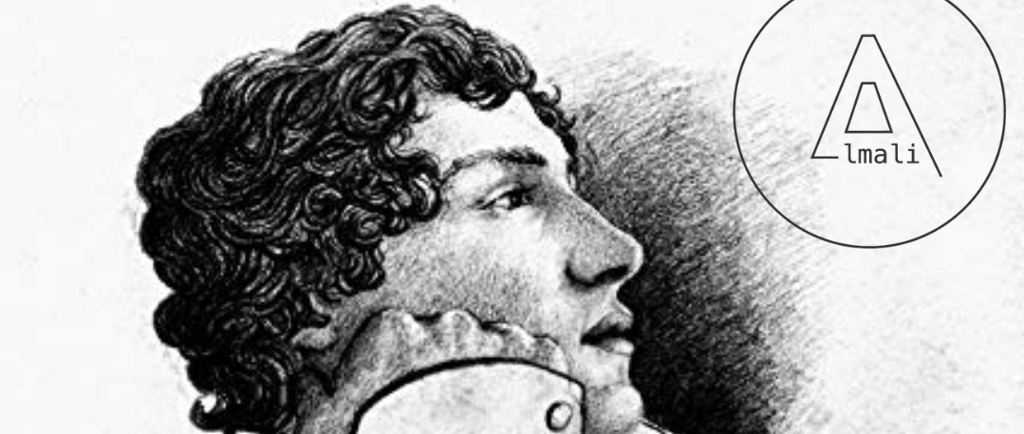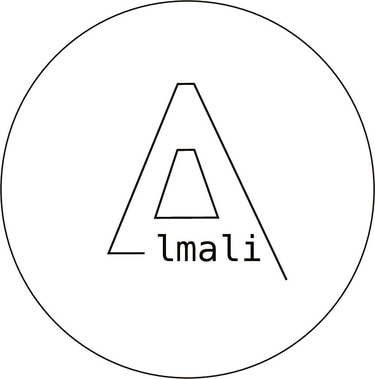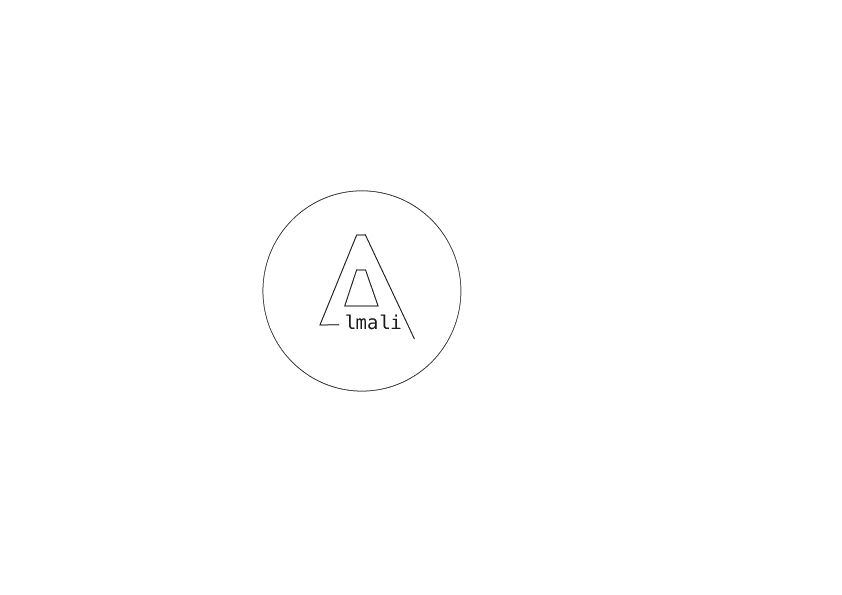The Art of taking Crap...
... Or Why John Keat's Negative Capability has kinda always been en vogue.
Kat
1/2/20254 min read


Embracing Negative Capability: Resilience and the Discipline of Happiness
John Keats, one of the most celebrated Romantic poets (and a someone who had to take a whole load of crap, making him a true expert on it), gifted us a concept that resonates deeply with the human experience: Negative Capability. In a letter to his brothers in 1817, Keats described Negative Capability as the ability to remain "in uncertainties, mysteries, doubts, without any irritable reaching after fact and reason." This idea, though born in the realm of poetry and creativity, has profound implications for resilience and the pursuit of happiness in our daily lives.
Understanding Negative Capability
At its core, Negative Capability is about embracing uncertainty and ambiguity. So, stoism at its best. Keats recognized that life is not always a series of clear, logical steps. Instead, it is often filled with contradictions, unknowns, and challenges that defy immediate resolution. Rather than resisting these experiences, Negative Capability invites us to lean into them with openness and curiosity. (Yes, even when life feels like one big, unsolvable riddle!)
This mindset contrasts sharply with our natural inclination to seek control, certainty, and quick solutions. While those instincts can serve us in certain situations, they can also lead to frustration, anxiety, and an inability to adapt when life doesn’t go as planned. Negative Capability, on the other hand, equips us to navigate complexity with grace—and maybe even a touch of humor when things go sideways. (Because honestly, sometimes all you can do is laugh or eat cake. Or both.)
Negative Capability and Resilience
Resilience is the capacity to recover from setbacks and adapt to change. It requires us to face adversity without losing hope or direction. Here is where Negative Capability plays a vital role. When we accept that some questions may remain unanswered and that not every situation has a tidy resolution, we free ourselves from the mental exhaustion of controlling and changing everything. Remember this here; "to accept the things I cannot change; courage to change the things I can; and wisdom to know the difference."? (Psalm 29:11 AMP)
Instead, we cultivate patience and trust—both in ourselves and in the unfolding of life. This doesn’t mean passivity or resignation. It means allowing space for growth and discovery, even in difficult times. Negative Capability fosters resilience by teaching us to coexist with uncertainty while maintaining our inner balance—and maybe finding some humor in the absurdity of it all.
Negative Capability and the Discipline of Happiness
As you know, at almali, we understand that happiness is choosing to continually practice the aligning our actions, thoughts, and beliefs with what brings us meaning and fulfillment. And re-evaluating those elements as reuqired. Negative Capability won't make you happy. But it will help you to roll your eyes (lovingly and without anyone watching) and move on. It allows you to accept even the most dire challenges in life, to get back up, to keep on walking for however long you are allowd to do so.
How often do we delay our happiness, thinking it will come once we achieve a certain goal, solve a particular problem, or gain complete clarity about our lives? Negative Capability challenges this conditional mindset. It suggests that we can find joy and meaning even in the midst of uncertainty. By embracing the present moment, with all its imperfections, we unlock the potential for deeper, more enduring happiness. (Yes, even if your "present moment" involves mismatched socks, a Wi-Fi outage, and cold coffee.)
Practical Ways to Cultivate Negative Capability
Practice Mindfulness: Engage fully with the present moment, observing your thoughts and emotions without judgment. Mindfulness helps us become comfortable with uncertainty. (Also, it’s a great way to catch your brain spiraling into "fix-it" mode and convince it to chill.)
Shift Your Perspective: When faced with ambiguity or challenges, view them as opportunities for growth rather than problems to solve immediately. (Think of them as life’s awkward, yet character-building plot twists. Every hero needs them!)
Embrace the "In-Between": Recognize that life is not always black and white. Find beauty and possibility in the gray areas. (Even if those gray areas feel a little like Monday mornings after a weekend that wasn’t long enough.)
Seek Inspiration in Art: Like Keats, immerse yourself in poetry, music, or any creative pursuit that allows you to explore complexities without demanding resolution. (Bonus: You might finally understand that abstract painting your friend swears is genius. Or not. That’s fine too.)
Reflect on Past Experiences: Recall times when uncertainty led to unexpected growth or outcomes. Use these memories to build trust in life’s process. (Remember, even that time you accidentally burned dinner taught you something. Like: never multitask while cooking.)
Conclusion
Negative Capability is not just a poetic ideal; it is a powerful tool for building resilience and cultivating happiness. By learning to embrace uncertainty and complexity, we grow stronger and more adaptable. We discover that happiness is not about eliminating challenges or achieving perfect clarity but about finding meaning and joy in the journey—wherever it may lead. (Even if it’s to the middle of a metaphorical traffic jam where everyone is honking and your playlist just ran out.)
By integrating Keats’ concept of Negative Capability into your personal journey, you can develop the resilience and discipline needed to navigate life’s uncertainties with confidence and grace.
Ready to take on life? - With the crap? - And come back to happiness? Over and over and over again...

